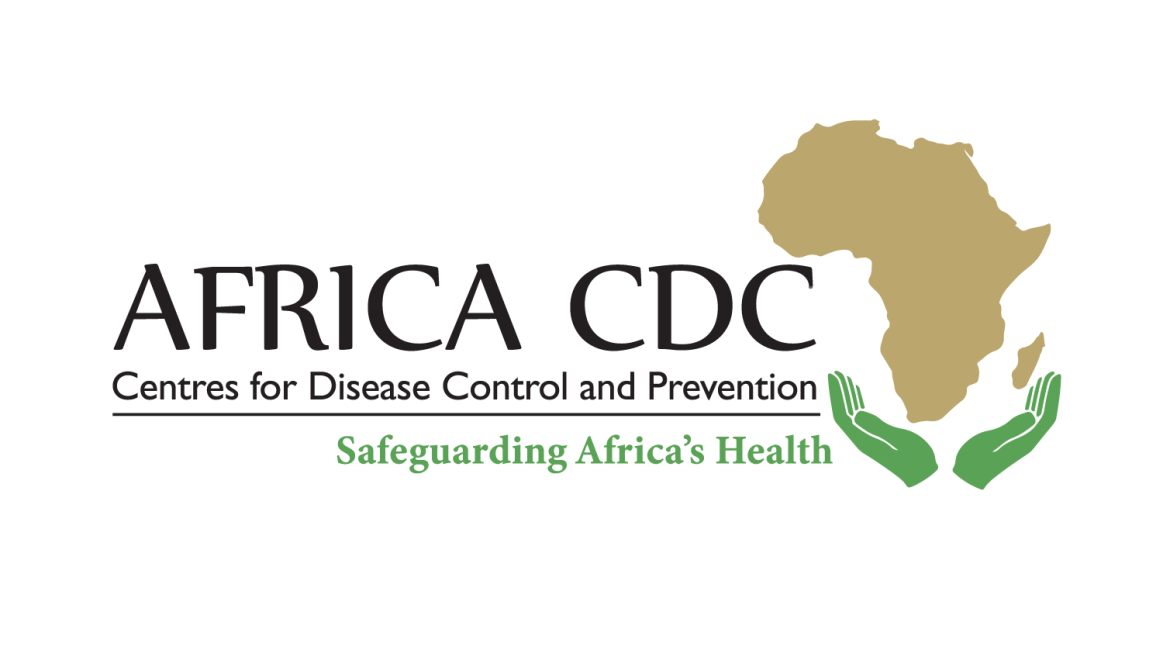By Iyemah David
The Africa Centres for Disease Control and Prevention (Africa CDC), has expressed concern over the resurgence of Mpox across several African countries, following confirmation of Namibia’s first-ever outbreak of the disease.
Prof. Yap Boum, Deputy Incident Manager at the Africa CDC Incident Management Support Team, disclosed this at the ongoing 4th International Conference on Public Health in Africa (CPHIA 2025) on Thursday in Durban, South Africa.
He warned of rising cases in Liberia and Kenya as well as other countries across the continent.
Prof. Boum disclosed that 710 confirmed Mpox cases and 10 deaths have been recorded across the continent with a case fatality rate of 1.4 per cent.
He said that Liberia remains a major concern, as confirmed cases surged from 35 to 76 in just one week, with a test positivity rate of 88 per cent, indicating most infections are being detected late at the hospital level, rather than through community surveillance.
“This is quite challenging. We must intensify active search in communities, household by household, with community health workers leading the effort,” he said.
He said that 20,000 vaccine doses have been deployed to Liberia, with 7,841 people vaccinated so far.
Boum added that Kenya’s confirmed cases increased from 35 to 51 within a week, while the positivity rate rose to 64 per cent, suggesting widespread community transmission in Mombasa, Busia and Nairobi, which together account for 63 per cent of all reported cases.
“In Namibia, health authorities declared an outbreak on October 18, following the confirmation of the country’s first case, a 20-year-old mother of an eight-month-old baby with travel history to Tanzania. Both mother and child are under medical observation.
“This case again underscores those diseases know no borders,” he said.
He said that genome sequencing is underway to determine the strain type and transmission pattern.
He said that Senegal also recorded a rise in Mpox cases, from one to four, confirming human-to-human transmission.
Prof. Boum said that the country has demonstrated strong surveillance capacity, with a 100 per cent testing rate and effective contact tracing.
“In one case, 72 contacts were identified and monitored, showing the effectiveness of the country’s surveillance network,” he said.
He further reported vaccination progress in Malawi, which launched its Mpox vaccination campaign on October 13, becoming the 13th African country to roll out vaccines.
“Meanwhile, animal health concerns persist in parts of Senegal’s Matam region, where livestock abortions linked to an undisclosed zoonotic infection have disrupted production plans.
“More than 11,000 animals have been vaccinated, while a mobile laboratory has been installed at Matam Regional Hospital to accelerate diagnostics and treatment.”
He commended the leadership of national health ministries for early field engagement, community mobilisation and prompt response efforts, emphasising that integrated surveillance, community engagement and vaccination remain the strongest tools to contain the outbreak.
“Vaccination is not a silver bullet. Surveillance, community awareness and coordinated response must go hand in hand if we are to stop Mpox transmission,” he stated.
He reiterated that stronger data systems, digital health tools and regional solidarity were vital to combat infectious diseases that continue to cross borders.




